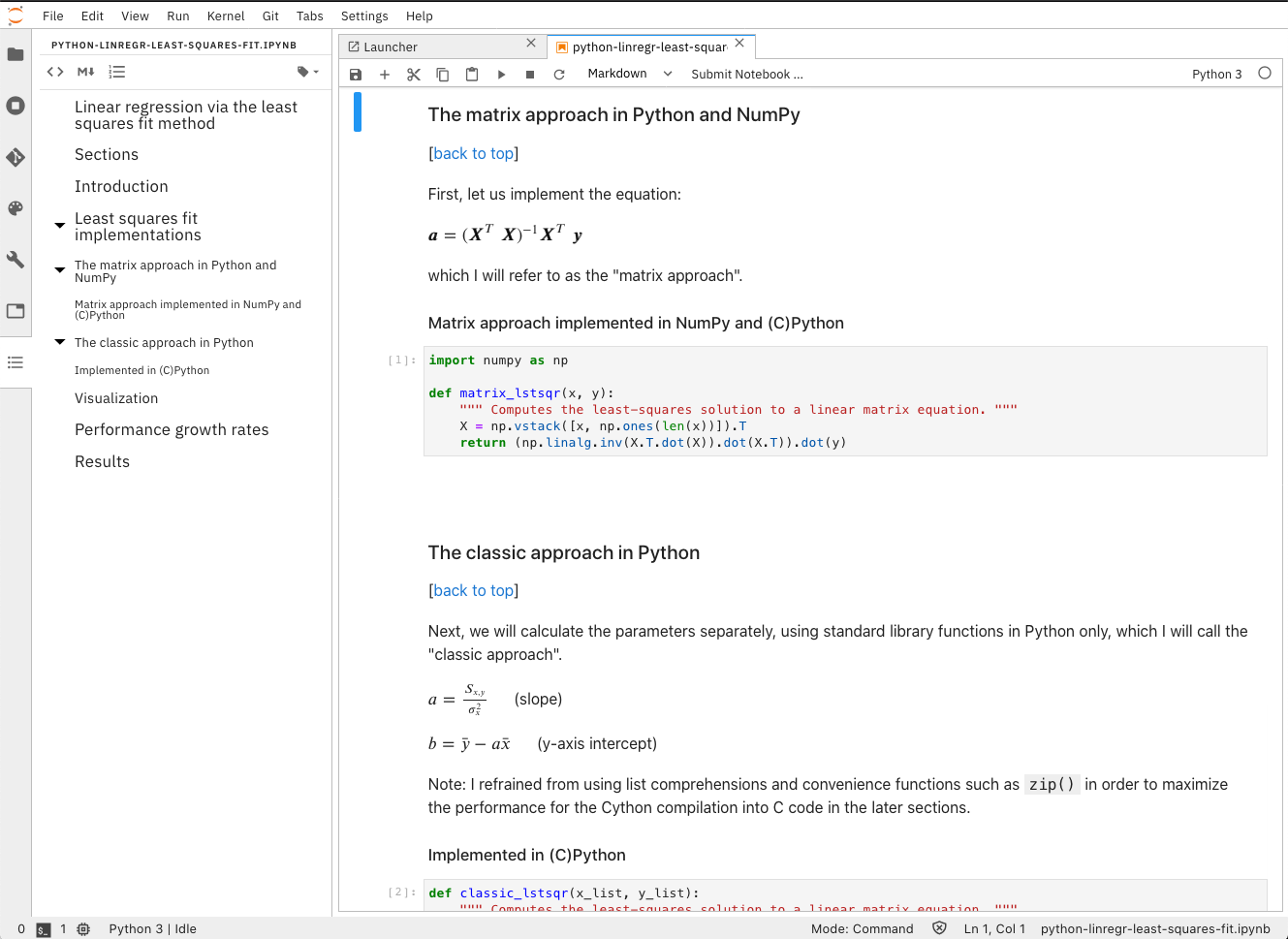

$CONDA_DIR/bin/conda update -all -quiet -yes & \įix-permissions /home/ $NB_USER # Install Tini RUN conda install -quiet -yes 'tini=0.18. $CONDA_DIR/bin/conda install -quiet -yes conda & \ If then conda install -yes python = $PYTHON_VERSION fi & \Ĭonda list python | grep '^python ' | tr -s ' ' | cut -d '.' -f 1,2 | sed 's/$/.*/' > $CONDA_DIR/conda-meta/pinned & \ Installing JupyterLab Installing RAPIDS Using Coiled Using a Docker. $CONDA_DIR/bin/conda config -system -set show_channel_urls true & \ learning with Optimus using Dask and PySpark Dr. $CONDA_DIR/bin/conda config -system -set auto_update_conda false & \ Start a personal Jupyter Notebook server in. You can use a stack image to do any of the following (and more): Start a personal Jupyter Server with JupyterLab frontend (default) Run JupyterLab for a team using JupyterHub. $CONDA_DIR/bin/conda config -system -prepend channels conda-forge & \ Jupyter Docker Stacks are a set of ready-to-run Docker images containing Jupyter applications and interactive computing tools. # 将当前用户加入 docker 组 sudo usermod -aG docker $USER # 镜像加速 # sudo echo "DOCKER_OPTS=\"-registry-mirror=\"" > /etc/default/docker #更改为国内源 sudo nano /etc/docker/daemon.json After the installation finishes type Jupyter lab within the command prompt and. Once we are ready, we can run the Jupyterlab with the below command from the root directory where docker-compose.yml is present docker-compose up -build -d The -d option makes the Jupyterlab. Just type in the command prompt: pip install jupyterlab.
#Install jupyterlab using docker how to
If you haven’t installed it yet then see our tutorial on how to install Pyhton3 for WIndows 10 or 7. # 启动 Docker CE sudo systemctl enable docker The installation steps of this tool are just like other packages that is can be installed through pip. # 添加国内 yum 软件源: sudo yum-config-manager -add-repo python -m ipykernel install -user -nameMyKernalName. How can I use Docker to setup a JupyterLab container to be run on a server for multiple users and behind iptables, so that it would be fully configurable - same as the standalone JupyterLab installed on a native host ubuntu OS docker jupyter iptables jupyter-lab. Executing the following command from your activated conda environment. Docker way of running services seems very helpful to manage it.

Jupyter Docker Stacks¶ Jupyter Docker Stacks are a set of ready-to-run Docker images containing Jupyter applications and interactive computing tools. In order to add your conda environment as an option, you need to add it as an Kernal. The two step process is to first login to the container and pip install JupyterLab then commit the change to a new docker image. # 安装依赖包 sudo yum install -y yum-utils device-mapper-persistent-data lvm2 Download and install the free community version of Docker from official sources. Start a new notebook by clicking on one of the environments below Notebook. # 卸载旧版本Docker sudo yum remove docker docker-common docker-selinux docker-engine


 0 kommentar(er)
0 kommentar(er)
